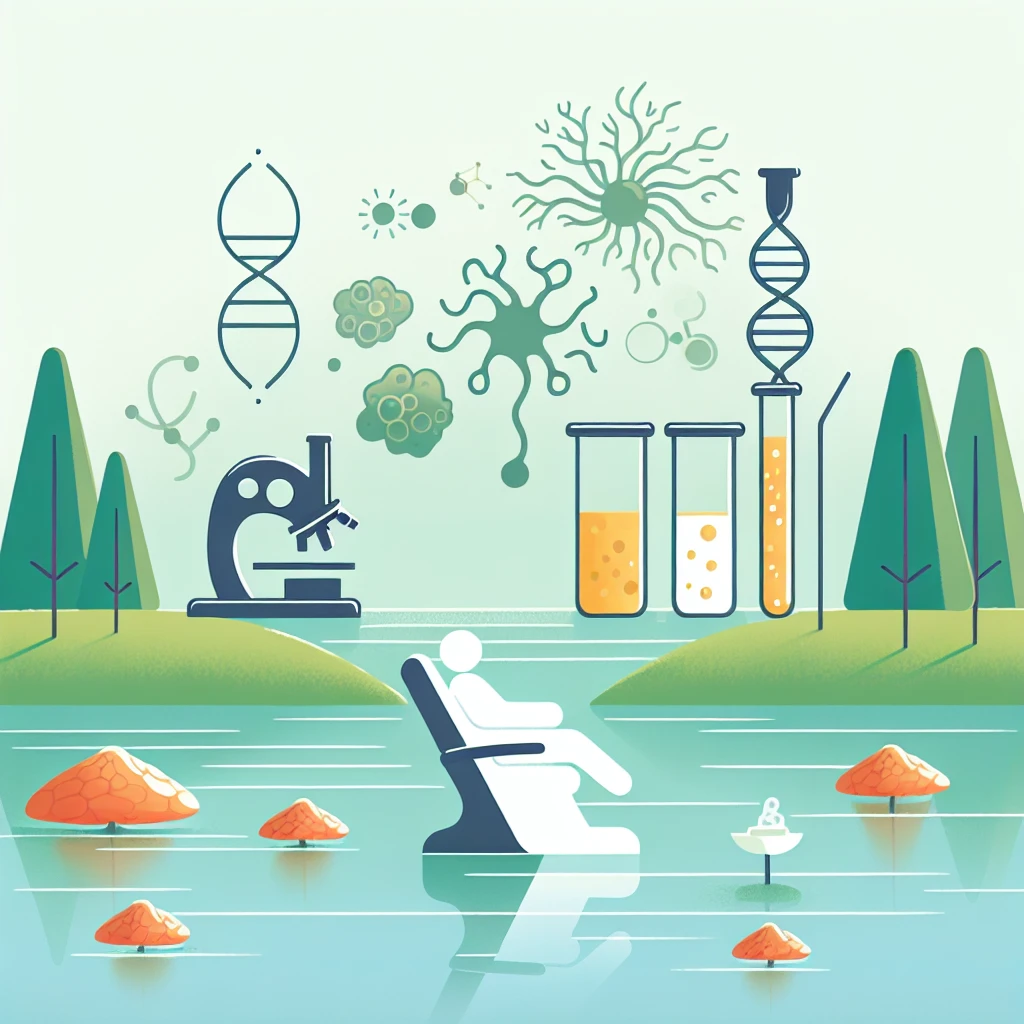Ependymoma
Ependymoma is a type of brain tumor that arises from ependymal cells lining the ventricles and central canal of the spinal cord. It can occur at any age but is most commonly diagnosed in children and young adults. Ependymoma accounts for approximately 5-10% of all pediatric brain tumors.
Epidemiology
Ependymoma affects approximately 150-200 children and 100-200 adults each year in the United States. The exact cause of ependymoma is still unknown, but certain genetic conditions, such as neurofibromatosis type 2 (NF2), have been associated with an increased risk.
Diagnosis
The diagnosis of ependymoma involves a thorough evaluation of the patient's medical history, symptoms, and imaging studies such as MRI or CT scan. A biopsy or surgical resection is often necessary to confirm the diagnosis and determine the grade and extent of the tumor.
Treatment
The treatment of ependymoma depends on various factors such as the location, grade, and stage of the tumor, as well as the age and overall health of the patient. The main treatment options include surgery, radiation therapy, and chemotherapy.
Surgery
Surgical removal of the tumor is often the initial treatment approach for ependymoma. The goal is to remove as much of the tumor as possible without causing significant damage to the surrounding brain or spinal cord tissue. In some cases, if the tumor is in a difficult-to-access location, a partial removal may be performed followed by radiation therapy.
Radiation Therapy
Radiation therapy is commonly used after surgery to destroy any remaining tumor cells and reduce the risk of recurrence. It involves the use of high-energy beams to target the tumor site. The precise dosage and duration of radiation therapy depend on the specific characteristics of the tumor.
Chemotherapy
Chemotherapy drugs are sometimes used in combination with surgery and radiation therapy to treat ependymoma. These drugs can be given orally or intravenously and work by killing or slowing the growth of cancer cells. However, the effectiveness of chemotherapy in treating ependymoma varies depending on the grade and location of the tumor.
Important Drugs Used in Ependymoma Treatment
Several drugs have shown effectiveness in treating ependymoma. These include:
- Carboplatin
- Cisplatin
- Etoposide
- Vincristine
- Methotrexate
- Ifosfamide
Promising Future Drugs in Ependymoma Trials
There are several promising drugs currently in late-stage clinical trials for the treatment of ependymoma. These include:
- Rebastinib
- Eribulin
- Nivolumab
- Pembrolizumab
- Mirvetuximab Soravtansine
- Entrectinib
Conclusion
Ependymoma is a rare brain tumor that affects both children and adults. The diagnosis and treatment of ependymoma require a multidisciplinary approach involving surgery, radiation therapy, and chemotherapy. While several important drugs are currently used in its treatment, there are also promising drugs in late-stage clinical trials that may offer new hope for patients with ependymoma. It is important for researchers and clinicians to continue exploring innovative treatment options to improve outcomes for individuals affected by this condition.
